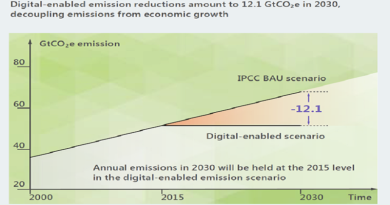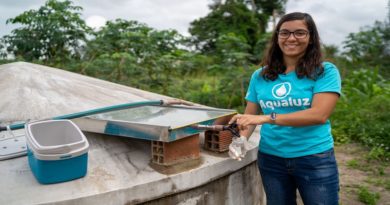Latin American countries push for climate action transparency
The United Nation Environment Programme on Tuesday August 21, 2018 presented the Centre for Climate Action Transparency, an initiative to assist countries in the disclosure of efforts to achieve climate commitments during the just concluded Latin America and Caribbean Climate Week.
With the Center’s support, Chile is developing a centralized national climate information platform and Costa Rica is working on a strategic climate planning unit, while Argentina will craft a greenhouse gas inventory system.
These countries are the first to develop their transparency plans through the UN Environment initiative and all three presented their experiences during a Climate Week side event.
The Center seeks to promote a regional vision to comply with the enhanced transparency framework for action and support of the Paris Agreement (article 13), and help the countries to describe their progress using a common language.
The enhanced transparency framework was established in order to build mutual trust and confidence and to promote effective implementation of the Nationally Determined Contributions (NDC), registered under the Paris Agreement.
“Transparency is crucial to step up climate action. At this stage of the Paris Agreement enforcement, the countries of the region are facing similar challenges, such of the lack of technologies or capabilities. The Center will work to create the opportunities to move forward, in a coordinated and efficient manner,” said Leo Heileman, Regional Director of UN Environment in Latin America and the Caribbean.
The Center for Climate Action Transparency manages a website that will help inform the public and stakeholders about the progress on climate commitments of each country in the region.
This endeavour is part of UN Environment´s global strategy to support the implementation of the Paris Agreement. The Center works with the technical support of the UNEP-DTU Partnership and constitutes a community of practice of the initiative REGATTA, supported by the Government of Spain.
The UNEP-DTU collaboration center, based at the Technological University of Denmark, operates globally and offers scientific, technical and financial support for capacity building within the measurement, reporting and verification systems; and monitoring and evaluation, according to each context.
Latin American and Caribbean countries generate around 10% of global greenhouse gas emissions and constitute one of the regions with the greatest potential for decarbonisation.




